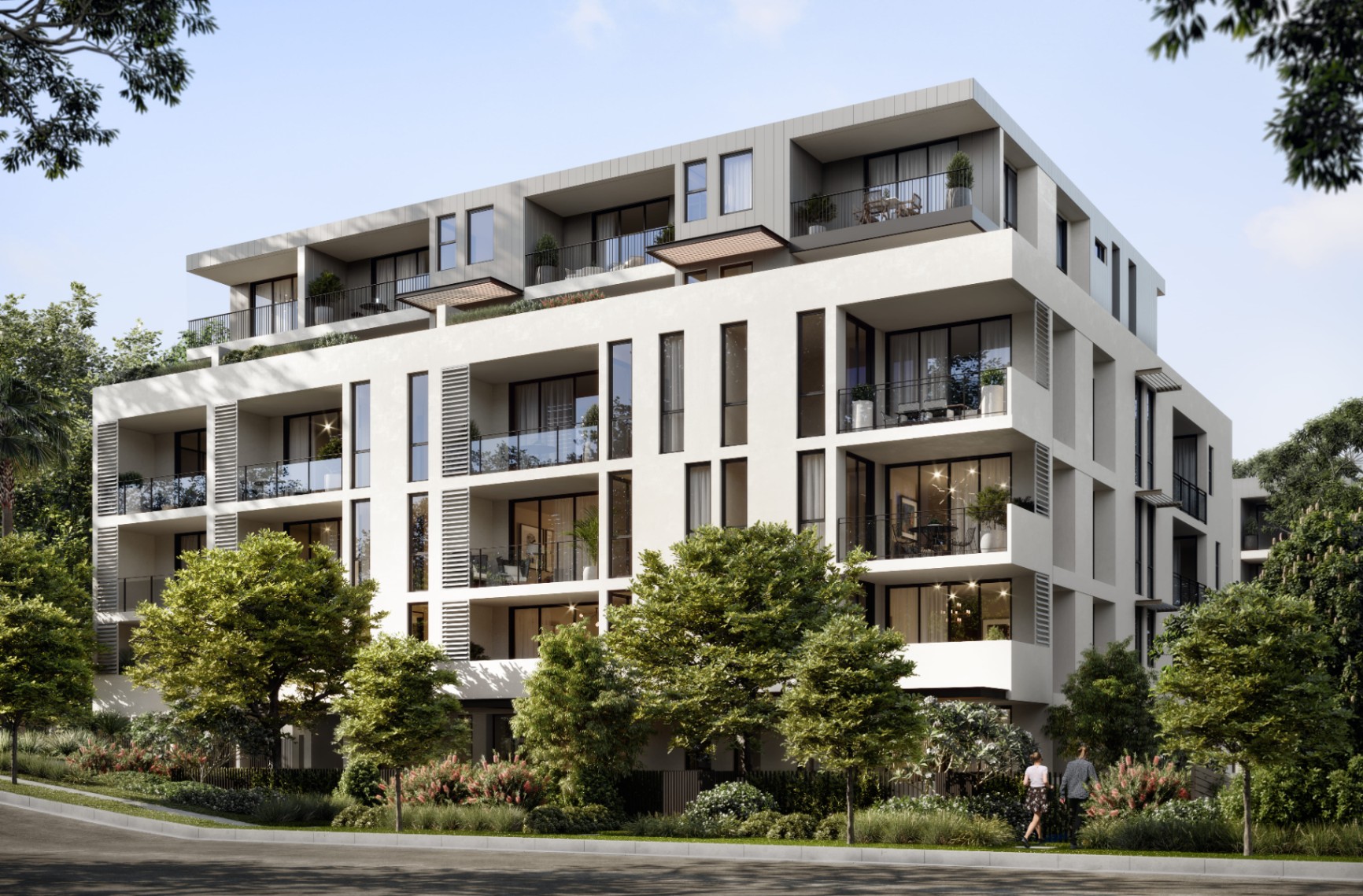As the world becomes more conscious of environmental impacts, sustainable living has taken centre stage in the housing industry. Green homes, designed with eco-friendly materials and energy-efficient technologies, are transforming the way we think about residential living. Here’s a look at some of the most innovative green homes around the globe, showcasing how sustainability is shaping modern architecture, with a special focus on Australia.
Australia is becoming a leader in green building practices. The country's diverse climate and natural resources have pushed for the development of homes that are both energy-efficient and environmentally conscious. Australian green homes often make use of passive solar energy, rainwater harvesting, and green roofs to reduce their environmental footprint. Notably, eco-friendly homes in regions like Melbourne and Sydney are leading the way in sustainable living, with cutting-edge features such as solar panels, natural ventilation systems, and energy-efficient appliances.
 Coposit | Buy with $10K | Off the plan Sydney | Green and sustainable living in Australia
Coposit | Buy with $10K | Off the plan Sydney | Green and sustainable living in AustraliaIn Australia, developers are increasingly focusing on sustainability with many properties boasting eco-friendly features. The rise of zero-energy homes (homes that generate as much energy as they consume) is one example of how Australia is adapting to the global green home trend. These homes utilise solar energy, smart home technologies, and sustainable building materials, making them highly energy-efficient and reducing their overall environmental impact.
 Coposit | Buy with $10K | Off the plan Gold Coast| Green and sustainable living in Australia
Coposit | Buy with $10K | Off the plan Gold Coast| Green and sustainable living in AustraliaIn the UK, Earthship homes are a notable example of green architecture. Built using recycled materials such as tires, bottles, and cans, Earthships are designed to be completely self-sufficient. These homes use passive solar design principles to maintain warmth and energy efficiency, as well as sophisticated water and waste management systems. Their ability to function off the grid makes them an excellent model for sustainable living.
 Sustainable Living
Sustainable Living Germany has long been a leader in green building practices, and its solar-powered homes are prime examples of innovation. The Sonnenhaus in Germany combines solar panels and advanced insulation techniques to create homes that generate more energy than they consume. These homes are designed to reduce reliance on external power sources while offering high levels of comfort and efficiency.
 Sustainable Living
Sustainable LivingCanada’s eco-friendly homes focus on reducing energy consumption through off-the-grid technologies. These homes are often built in remote locations, relying on solar, wind, and geothermal power to meet their energy needs. For instance, the ZEB Home in Vancouver uses solar panels, a heat recovery ventilation system, and an energy-efficient heating system to keep its carbon footprint low while maintaining comfort and functionality.
 Sustainable Living
Sustainable LivingThe United States is home to several innovative green homes that set the bar for sustainable living. One standout example is the Living Building Challenge home in Seattle, Washington. Designed to meet the highest standards of sustainability, this home produces more energy than it consumes and features rainwater collection systems, green roofs, and sustainable building materials. The Living Building Challenge is an example of the future of green housing, where every aspect of the design aims to reduce environmental impact.
 Sustainable Living
Sustainable LivingIceland's unique landscape provides the perfect backdrop for innovative green homes that are built into the earth. Earth-sheltered homes in Iceland use the natural insulation properties of the ground to regulate temperature, requiring less energy for heating and cooling. Many of these homes incorporate geothermal heating systems, tapping into Iceland’s abundant geothermal resources, making them both energy-efficient and eco-friendly.
 Sustainable Living
Sustainable LivingFor those looking to embrace eco-friendly living, Coposit offers a way to buy sustainable properties with as little as a $10,000 deposit and affordable weekly payments. Whether you're interested in a townhouse with green features or a luxury apartment with solar panels and rainwater systems, Coposit makes it easier to invest in eco-conscious homes without the large upfront costs.
Green homes are not just a passing trend—they are the future of sustainable living. Australia, in particular, is advancing towards greener living with incentives for energy-efficient homes and sustainable urban planning. In cities like Sydney and Melbourne, new developments are increasingly focusing on integrating green technologies such as smart energy management systems and eco-friendly building materials.
Benefits of green homes:
 Coposit | Buy with $10K | Off the plan Byron Bay | Green and sustainable living in Australia
Coposit | Buy with $10K | Off the plan Byron Bay | Green and sustainable living in AustraliaWith innovative green homes leading the charge, it’s clear that sustainability is no longer just a concept—it’s a reality that’s shaping the future of housing around the world, particularly in Australia. Whether you're buying off the plan or considering an investment property, the green homes of tomorrow are ready to change the way we live.
Share this article
© 2025 Copyright Coposit.
